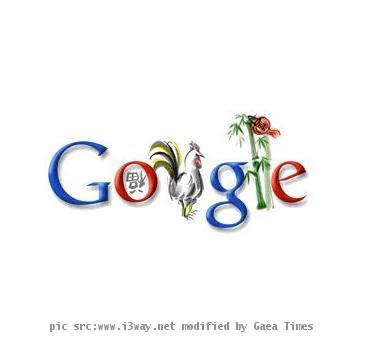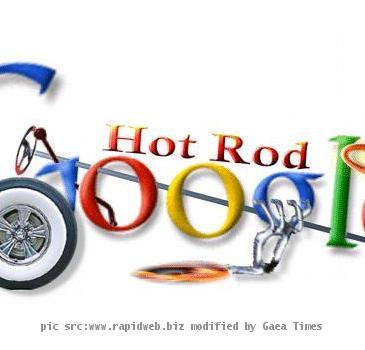Google’s first quarter disappoints Wall Street but gives evidence of rebounding Web ad market
By Michael Liedtke, APThursday, April 15, 2010
Google 1Q profit rises 37 pct but stock slides
SAN FRANCISCO — Google Inc. is thriving again, and feeling so good about the economy that it’s spooking investors.
The company’s first-quarter earnings exceeded analyst estimates and its revenue growth accelerated for the third consecutive quarter. More people clicked on Internet ads powered by its dominant search engine.
But the results released Thursday didn’t impress investors, who appeared worried that the strengthening economy may cause Google to abandon some of the financial discipline that it exerted during the recession. The company’s shares tumbled almost 5 percent in extended trading.
Investors also might have been unnerved to see a decline from the previous quarter in the prices paid for Google’s ads. The average first-quarter price fell 4 percent from the fourth quarter. But it was 7 percent above the average rate at the same time last year.
The architect of Google’s cost cutting, Chief Financial Officer Patrick Pichette, left little doubt the company is loosening its pursestrings again.
“We are continuing to invest heavily in people, products and acquisitions,” Pichette told analysts in a Thursday conference call.
Pichette, who joined Google in 2008, steered the conference call, filling Google CEO Eric Schmidt’s usual role. It marked the first time that Schmidt hasn’t been on Google’s earnings conference call since the company went public in August 2004.
The decision to have Schmidt sit out the call was disclosed to The Associated Press several weeks ago. Pichette advised analysts not to read anything into the switch, which he said was aimed at focusing the discussion on Google’s finances.
Google shares shed $29.30 in extended trading after closing at $595.30, up 1.1 percent in the regular session.
The company earned nearly $2 billion, or $6.06 per share in the quarter. That was up 37 percent from $1.42 billion, or $4.49 per share, at the same time last year.
Revenue climbed 23 percent to $6.78 billion. That marked Google’s greatest revenue growth since the third quarter of 2008.
If not for expenses covering employee stock compensation, Google said it would have earned $6.76 per share. That figure exceeded the average estimate of $6.60 per share among analysts surveyed by Thomson Reuters.
After subtracting commissions paid to advertising partners, Google’s revenue stood at $5.06 billion. That was about $90 million above analyst estimates.
The most noticeable change in Google’s spending patterns cropped up in the company’s payroll.
Google added nearly 800 workers during the quarter, part of an effort to hire about 2,000 employees this year. That’s the most hiring Google has done since the first quarter of 2008.
At the end of March, Google employed 20,621 people — the most in its 11½-year history. Management had trimmed nearly 400 jobs from the payroll last year to boost its profit as revenue growth slowed.
In a Thursday interview, Pichette dismissed the notion that the hiring spree signals Google has become a spendthrift.
“Hiring more people does not mean we are wasteful,” he said. “It just means we have a great agenda.”
He declined to guess whether Google would end up hiring more or fewer than 2,000 people this year. “When I find the candidate that fits into our agenda, we will hire them,” Pichette said.
Besides bringing in more people, Google is promoting more heavily. Excluding stock compensation, the company’s sales and marketing costs climbed 47 percent to $553 million. Some of those expenses may have been driven by Google’s decision to sell its own mobile phone, the Nexus One, in January to compete against Apple Inc.’s iPhone.
Google declined to specify how many Nexus Ones have been shipped so far, but said about 60,000 devices using its Android operating system are sold daily.
The rising demand for gadgets and online ads are just a few of the reasons why the technology sector appears to be bouncing back more quickly than the rest of the economy.
“The digital economy is running flat out with so much innovation,” Pichette said in Thursday’s interview. “(It’s) going gangbusters.”
Tags: Business And Professional Services, North America, Personnel, San Francisco, United States

